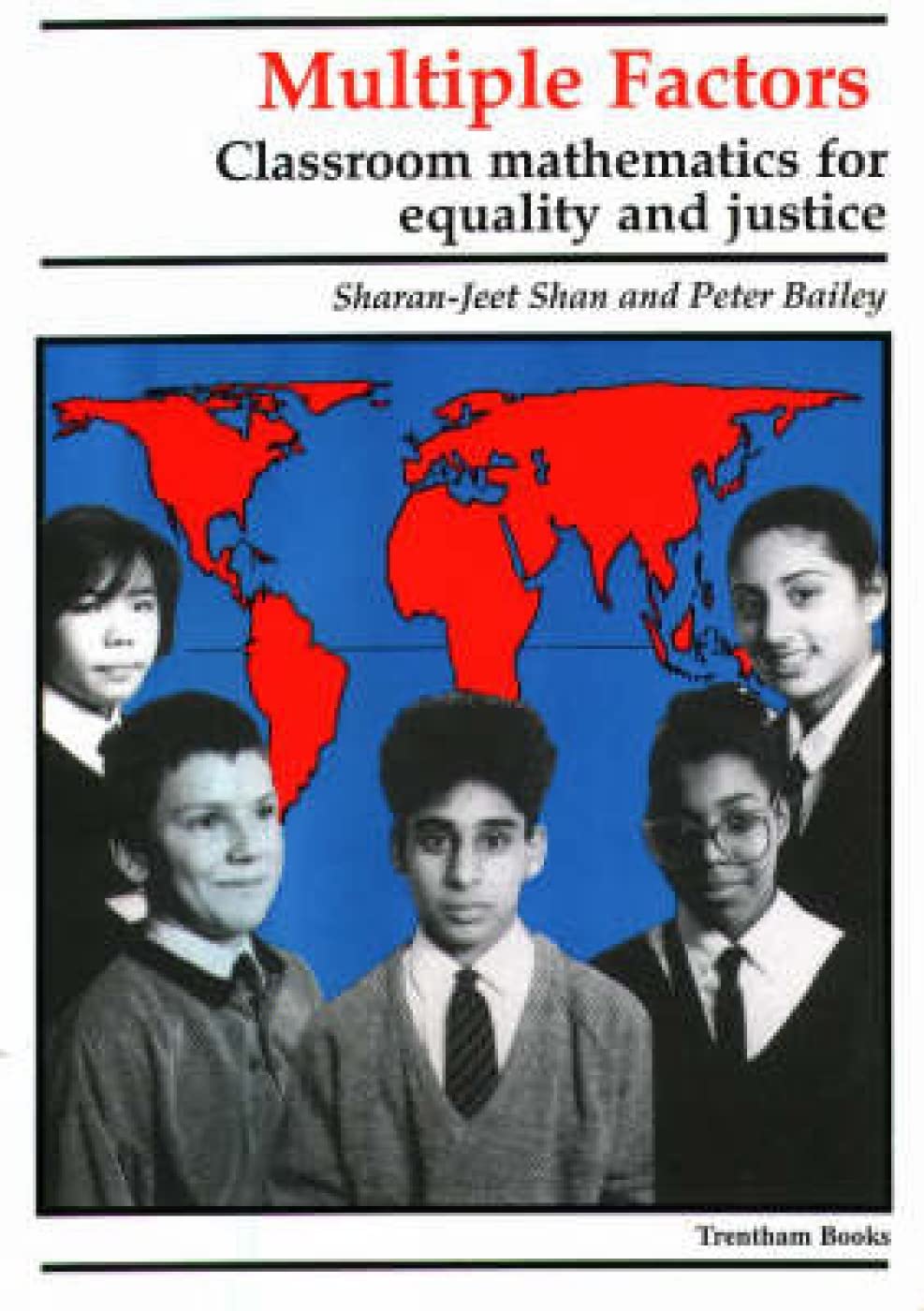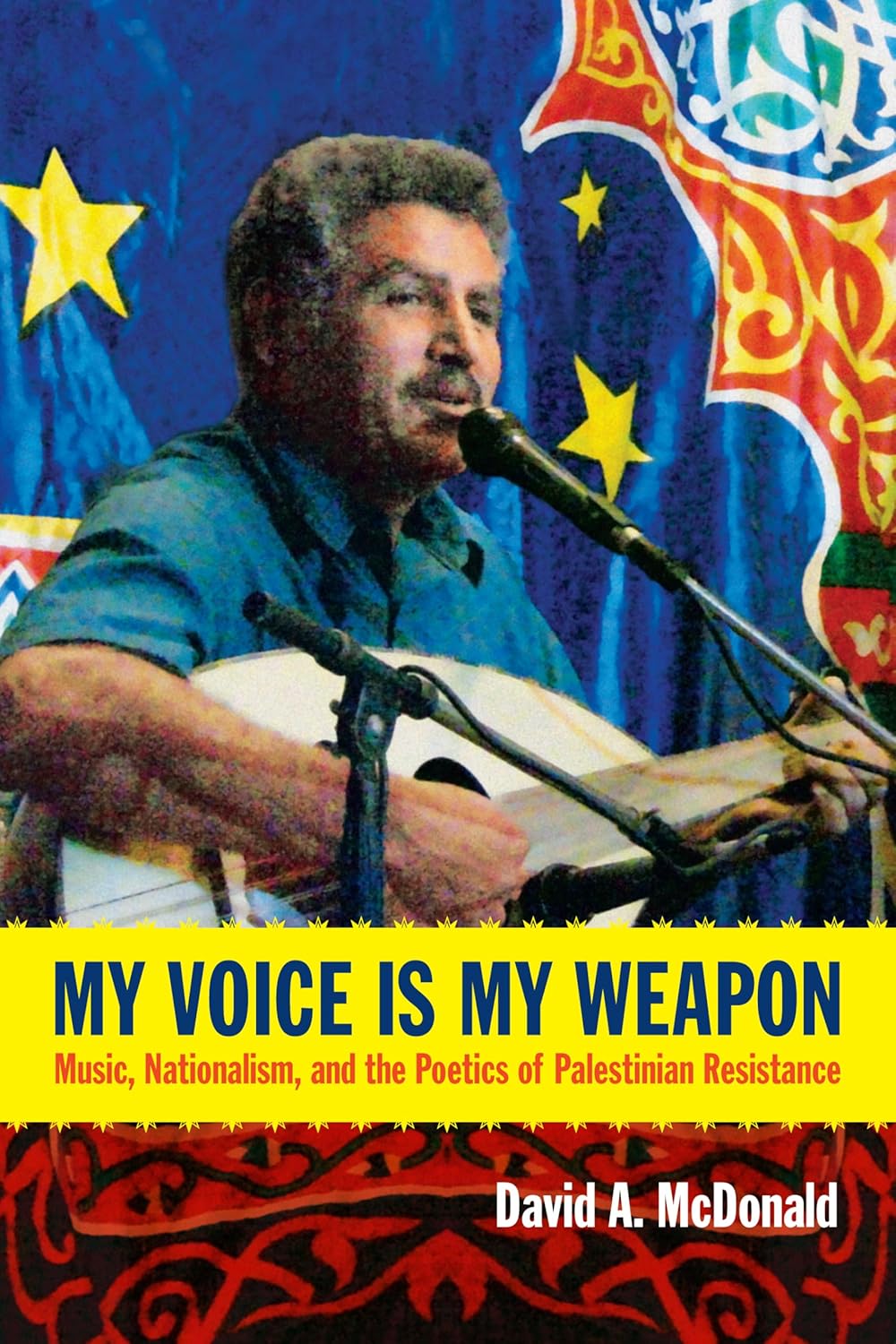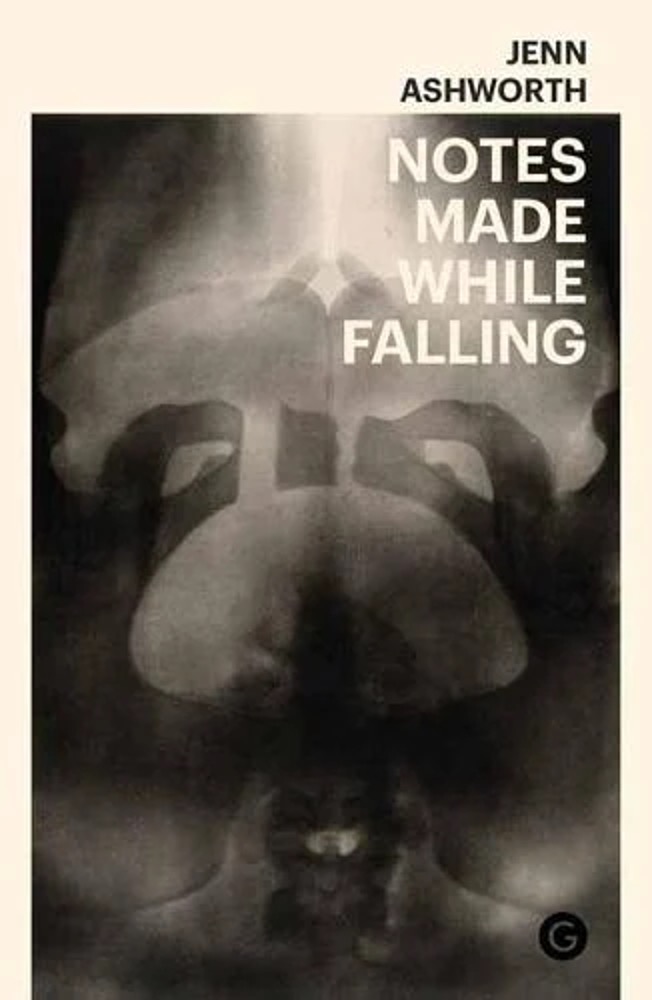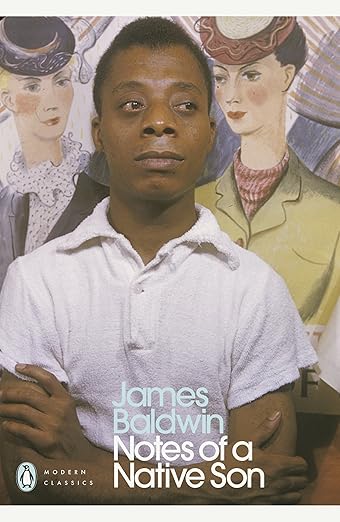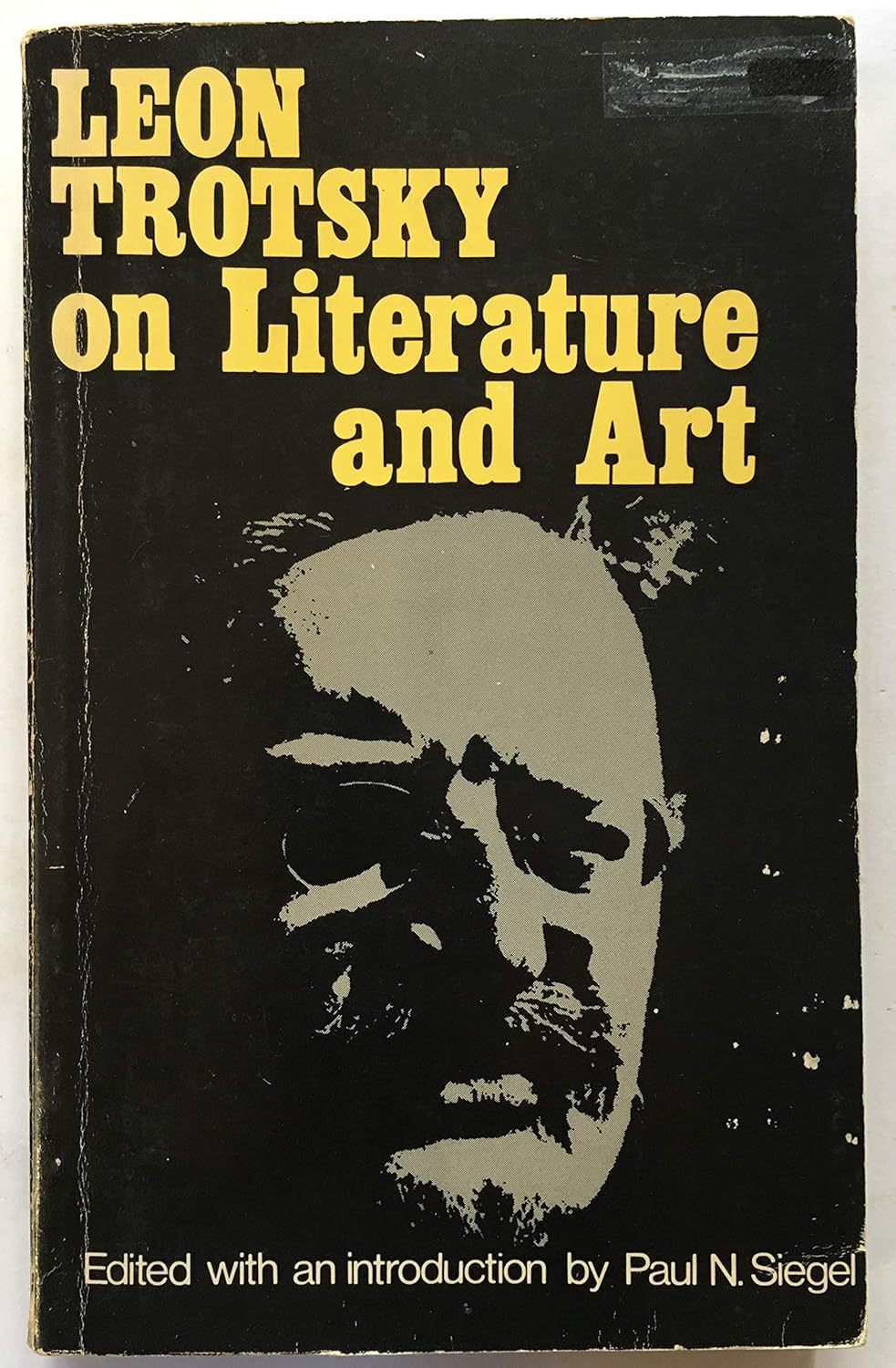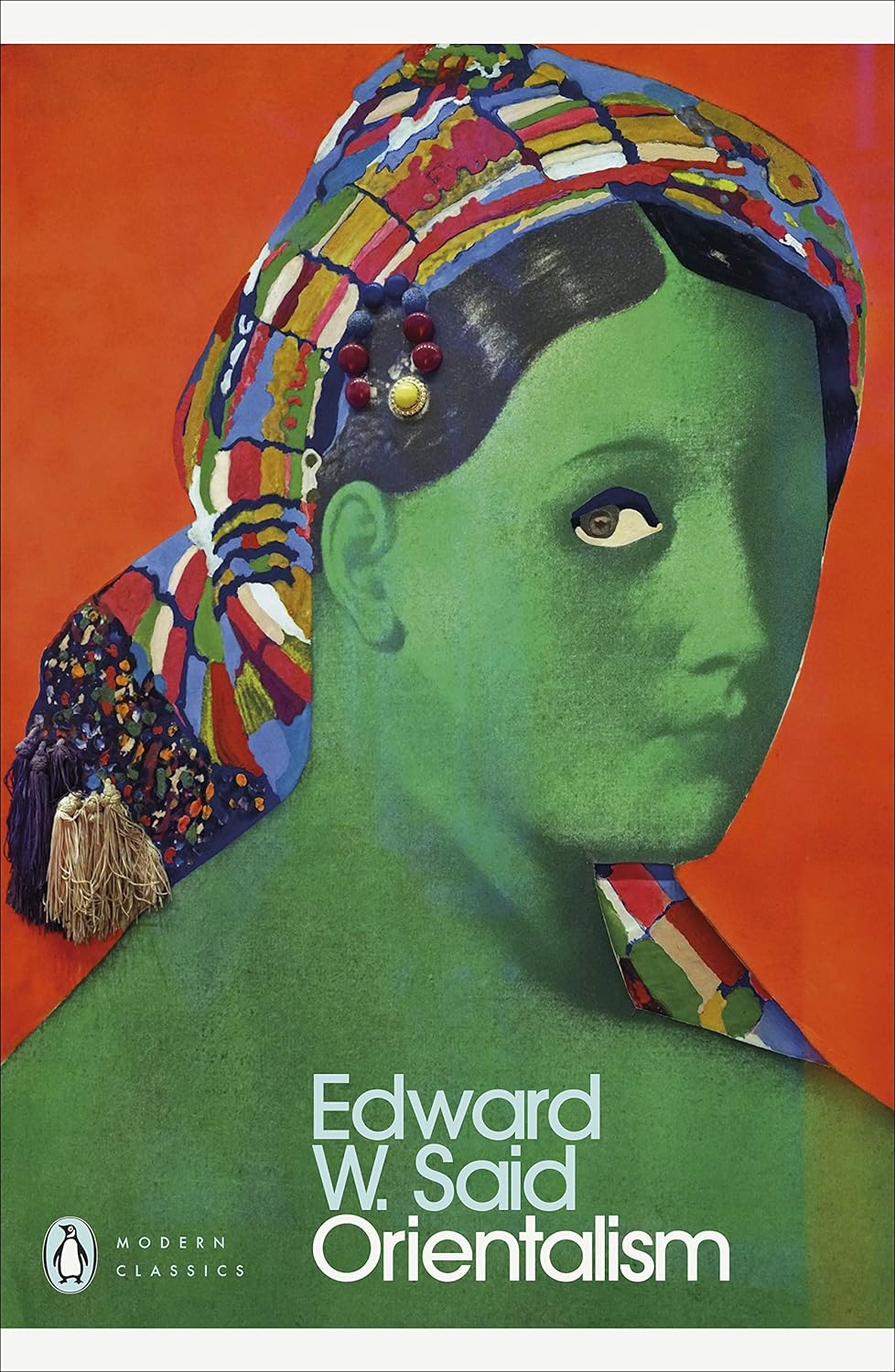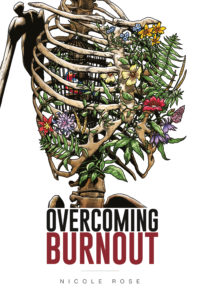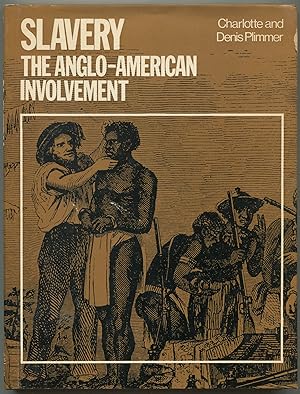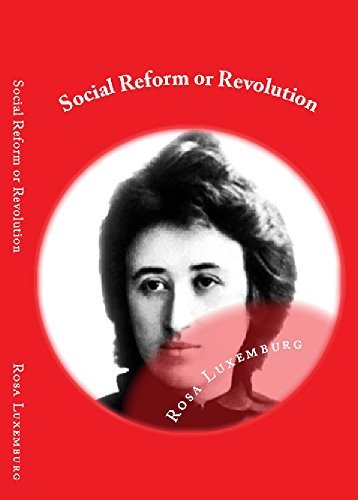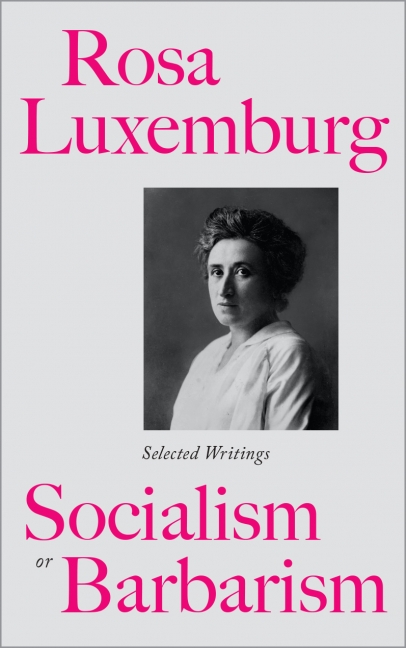This book illustrates how current teaching methodology and school management and the bias in existing textbooks can and often does disadvantage black, working class and girl students, and how often this might be changed. The authors have gathered their mathematics from sources across the world and from a multiplicity of disciplines: from global statistics, from architectural principles and from art forms. They will keep students and their teachers fascinated, motivated and learning the mathematics that our technological age - and the national curriculum - demands. For in maths lessons the students are the Multiple Factors in the equation of the world's economy, resources and growth.
In My Voice Is My Weapon, David A. McDonald rethinks the conventional history of the Palestinian crisis through an ethnographic analysis of music and musicians, protest songs, and popular culture. Charting a historical narrative that stretches from the late-Ottoman period through the end of the second Palestinian intifada, McDonald examines the shifting politics of music in its capacity to both reflect and shape fundamental aspects of national identity. Drawing case studies from Palestinian communities in Israel, in exile, and under occupation, McDonald grapples with the theoretical and methodological challenges of tracing "resistance" in the popular imagination, attempting to reveal the nuanced ways in which Palestinians have confronted and opposed the traumas of foreign occupation. The first of its kind, this book offers an in-depth ethnomusicological analysis of the Israeli-Palestinian conflict, contributing a performative perspective to the larger scholarly conversation about one of the world's most contested humanitarian issues.
Notes Made While Falling is both a genre-bending memoir and a cultural study of traumatized and sickened selves in fiction and film. It offers a fresh, visceral, and idiosyncratic perspective on creativity, spirituality, illness, and the limits of fiction itself. At its heart is a story of a disastrously traumatic childbirth, its long aftermath, and the out-of-time roots of both trauma and creativity in an extraordinary childhood. Moving from fairgrounds to Agatha Christie, from literary festivals to neuroscience and the Bible, from Chernobyl to King Lear, Ashworth takes us on a fantastic journey through familiar landscapes transformed through unexpected encounters and comic combinations. The everyday provides the ground for the macabre and the absurd, as the narration twists and stretches time. Hovering on the edge of madness, writing, it seems, might keep us sane-or might just allow us to keep on living. In Notes Made While Falling, Ashworth calls for a redefinition of the creative work of thinking, writing, teaching, and being, and she underlines the necessity of a fearlessly compassionate and empathic attention to vulnerability and fragility.
James Baldwin's breakthrough essay collection made him the voice of his generation. Ranging over Harlem in the 1940s, movies, novels, his preacher father and his experiences of Paris, they capture the complexity of black life at the dawn of the civil rights movement with effervescent wit and prophetic wisdom.
'A classic ... In a divided America, James Baldwin's fiery critiques reverberate anew' Washington Post
'Edgy and provocative, entertainingly satirical' Robert McCrum, Guardian
'Cemented his reputation as a cultural seer ... Notes of a Native Son endures as his defining work, and his greatest' Time
In these writings, one of the outstanding revolutionary leaders of the twentieth century discusses important questions of literature, art, and culture in a period of capitalist decline and working-class struggle. From the vantage point of a leader of the early Soviet republic and then its defender against the political counter-revolution led by Joseph Stalin and his supporters, Trotsky examines the place of art and artistic creation in building a new, socialist society.
Organising with others for human, animal and earth liberation can be one of the most empowering experiences alive. Yet frontline resistance comes with risks to our physical and emotional health that can lead many people to burn out and abandon social movements altogether.
This book is about overcoming burnout, linking the author’s journey of recovery with wider systemic forces such as classism, sexism and power dynamics in groups, poverty, chronic illness and ableism, as well as grief and trauma from prison and state repression. It is a call for models of mutual aid and collective care. Simultaneously deeply personal and acutely political, for anyone involved in grassroots organising, it is a must read.
Slavery: The Anglo-American Involvement is less a traditional history book than a documentary in the radio or television sense. Relying entirely on contemporary records and manuscripts, the authors have created a vivid and readable narrative describing the slave trade which lasted almost 400 years and involved ten white nations and hundreds of black tribal rulers. This book concentrates on the roles played by the English and the Americans
Reform or Revolution, also titled Social Reform or Revolution?, is an 1899 pamphlet by Polish-German Marxist theorist Rosa Luxemburg, in which she argues that trade unions, reformist political parties, and the expansion of social democracy could not create a socialist society as Eduard Bernstein, among others, argued. She contends from a historical materialist perspective that capitalism is economically unsustainable and will eventually collapse and that a revolution is necessary to transform capitalism into socialism. The pamphlet was influential in revolutionary socialist circles and an important precursor to left communist theory.
Rosa Luxemburg's writings reveal one of the most brilliant and passionate minds drawn to the revolutionary socialist movement. Through the letters, pamphlets and theorising, we see an outstanding social and economic theorist, a dedicated political activist and a devoted confidant. Providing an extensive overview of her writings, this volume contains a number of items never before anthologised. Her work was broad in scope tackling capitalism and socialism; globalisation and imperialism; history; war and peace; social struggles, trade unions, political parties; class, gender, race; the interconnection of humanity with the natural environment. The editors provide an extensive and informative introduction outlining and evaluating her life and thought. This is the most comprehensive introduction to the range of Rosa Luxemburg's thought.

